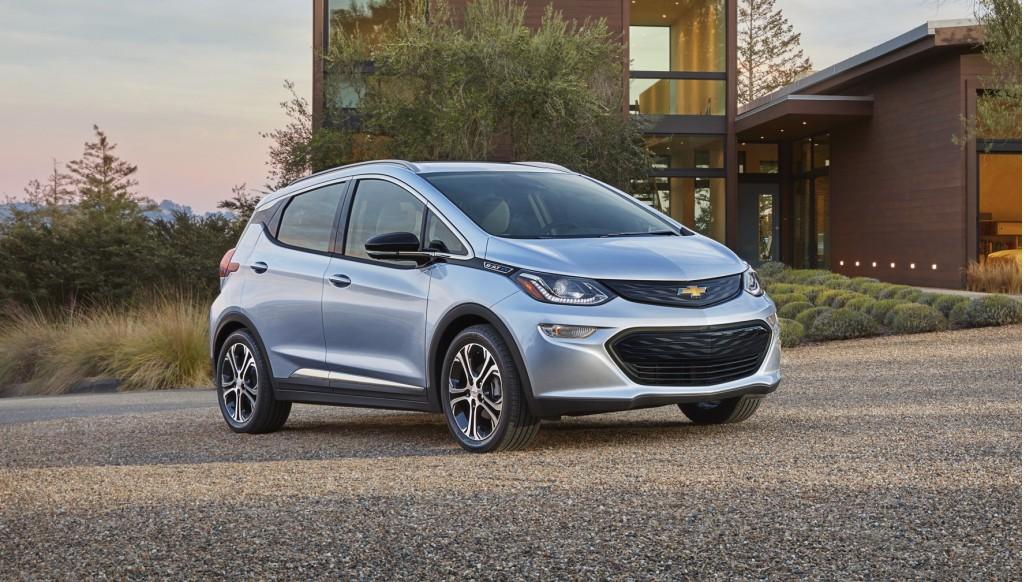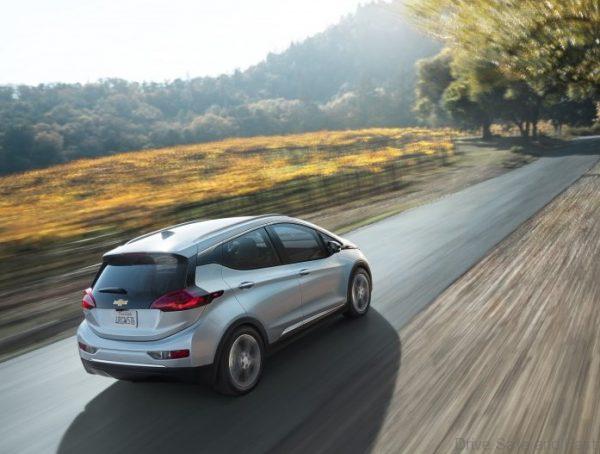It’s clear that General Motors, a pioneer in electric-car technology, intends to take an aggressive position in offering battery-electric cars. The Volt has the longest range of any plug-in hybrid except for the BMW i3, which can only travel about 75 miles on gasoline once its battery is depleted. And Chevy will equip the upcoming Bolt EV with a 60-kwh lithium-ion battery that gives it a range rating of 200 or more miles, making it decisively the first mass-priced 200-mile electric car.
The company has been slowly revealing details of the Bolt EV and its technology since announcing last year that it had undertaken an unprecedented partnership with Korean industrial combine LG to develop numerous technologies for the car as joint projects.
The first Bolt EVs to be delivered may arrive as early as this November or December, less than two years after the car was announced by GM CEO Mary Barra at the 2015 Detroit Auto Show.
And GM says it will be offered for sale nationwide, unlike its compliance-car predecessor the 2016 Chevrolet Spark EV, which will be replaced by the Bolt EV. Electric-car advocates continue to argue over whether the Bolt EV is a compliance car too, as former GM product czar Bob Lutz alleged, or whether the company will make a concerted effort to sell as many of them as possible.
Questions also remain about Chevy’s ability to market both the Bolt EV and the Volt beyond the early-adopter buyer base that’s supported the Leaf, Volt, and Model S over the previous five years. That is, as GM underscores repeatedly, considerably before the end of 2017, when Tesla Motors says it will start sales of its Model 3 sedan. That model will also have a 200-mile range.






